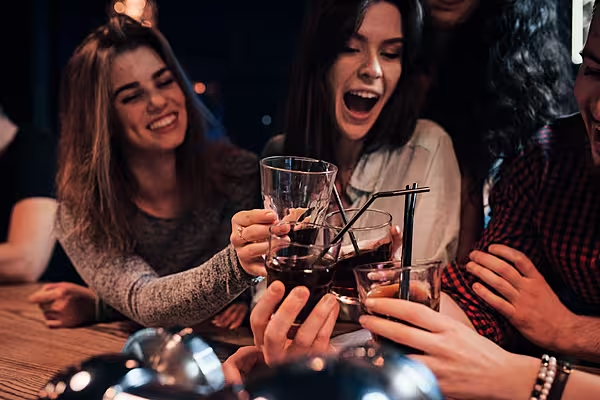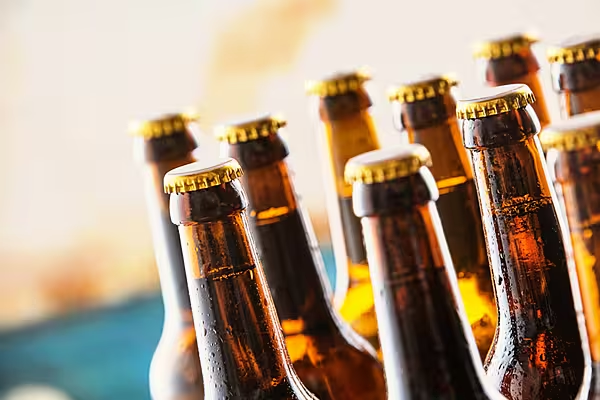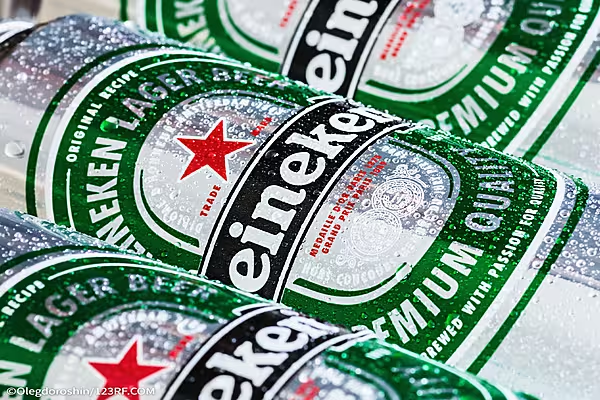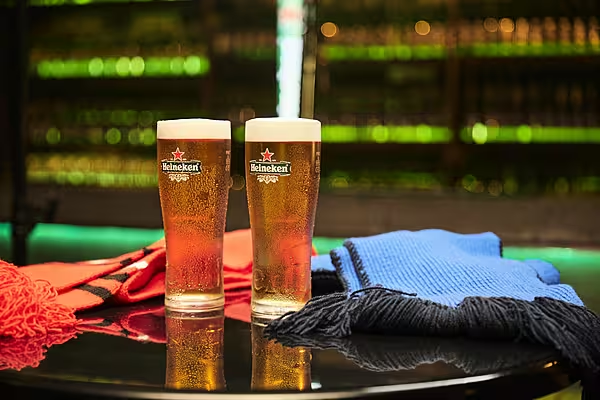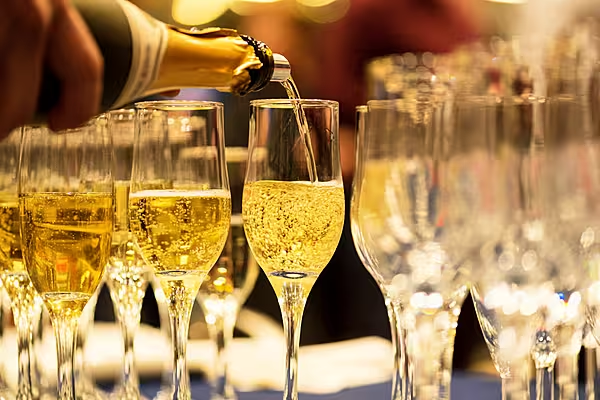Is drinking still cool? For Generation Z, the answer is not entirely clear cut.
Outside of Dry January and other trends, no- and low- alcoholic (nolo) drinks have been growing in popularity as consumers embrace sober curiosity.
What is interesting about this shift is that it seems rather than forgoing alcohol altogether, consumers – particularly in the 18-24 category – are interested in moderation.
According to a recent article from Time Magazine, a 2023 Gallup survey found that the share of US adults under 35 who said they ever drink dropped from 72% in 2001-2003 to 62% in 2021-2023.
Mintel reported that there are a number of factors driving this falling interest in alcohol in Gen Z, including cost-savings and health benefits.
The former tracks directly with the high cost-of-living and increasing hospitality prices.
As young people seek to socialise, the high cost of alcohol thanks to both inflation and taxes, as well as high costs in hospitality venues due to high running costs, are impacting accessibility and interest in drinking, so new ways of socialising are on the rise.
Mintel’s report – a survey carried out in the UK, though indicative of wider trends – found that going to restaurants is the most popular way to socialise, followed by some 36% of young adults aged 18-25 naming pubs as their most common social space.
However, these were followed by chatting/gaming online, going to cafés and exercising, in that order, with going to gigs/music festivals rounding out the list.
These activities – not centred on alcohol or drinking – speak to changing social norms and attitudes towards interacting with peers.
‘A Badge Of Maturity’
George F. Koob from the US’s National Institute on Alcohol Abuse and Alcoholism is quoted in the Time article, saying, “It is becoming clear that, for whatever reasons, today’s younger generations are just less interested in alcohol and are more likely than older generations to see it as risky for their health and participate in periods of abstinence like Dry January.”
Sybil Marsh, a physician specialising in family medicine and addiction, added, “There was a time when drinking some alcohol was a badge of maturity and was sophisticated.
“But now, it’s only one out of whole range of ways that people can relax or show sophistication and so on.”
Indeed, alcohol may no longer be the indication of maturity it once was, as young people are increasingly using social media as a cultural touchpoint, where domesticity, health and wellness are rising in popularity.
Influencers, too, may be limited in what they can promote due to rules around advertising alcohol to children.
Not wanting to isolate a large teenage audience, online content may naturally move away from portrayals of alcohol, particularly at home.
Within pop culture, Charli XCX's 2024 album Brat exploded in popularity as it celebrated messy, party lifestyles, defying current wellness and put-together trends.
As the singer described the term adopted from the popular album's title, brat is “that girl who is a little messy and likes to party and maybe says some dumb things some times.”
While the album seemed to bring drinking and partying back into the mainstream, it did not paint the lifestyle as mature, rather as wild and fun.
Immaturity Reigns
And although Marsh posits that young people seek other forms of maturity, it may also be the case that Gen Z is not reaching for maturity at all.
With high home prices, uncertain career paths and late family planning, normal maturity milestones are out of reach for many in Gen Z, and so they may currently be less concerned with indications of sophistication than in previous generations.
As part of this, they may seek to socialise with drinks, but prefer to prioritise wellness and money-saving, planning for the future and acting accordingly.
Unwinding at the end of the day at may be more likely to involve a non-alcoholic drink rather than a glass of wine or beer, saving alcohol for the weekends or going out.
While this change in behaviour spans generations, brands and retailers must consider what it is Gen Z are looking for that they can offer.
Affordability, health and taste will be key factors for this demographic moving forward – and who knows? In the future, the tide may turn to sophisticated cocktails and beverages as Gen Z age fully into adulthood.
Then again, this could also be a sign that attitudes are changing – whatever the case, best to keep a clear head. Drink, anyone?
Read More: Dry January And Nolo Alternatives: Alcohol Consumption Is Changing
